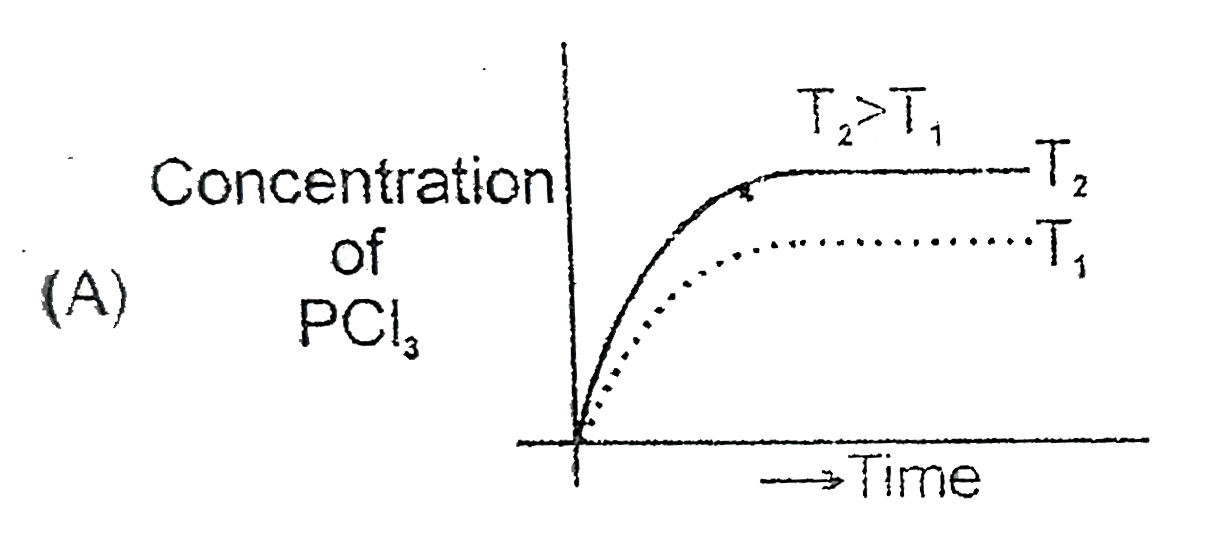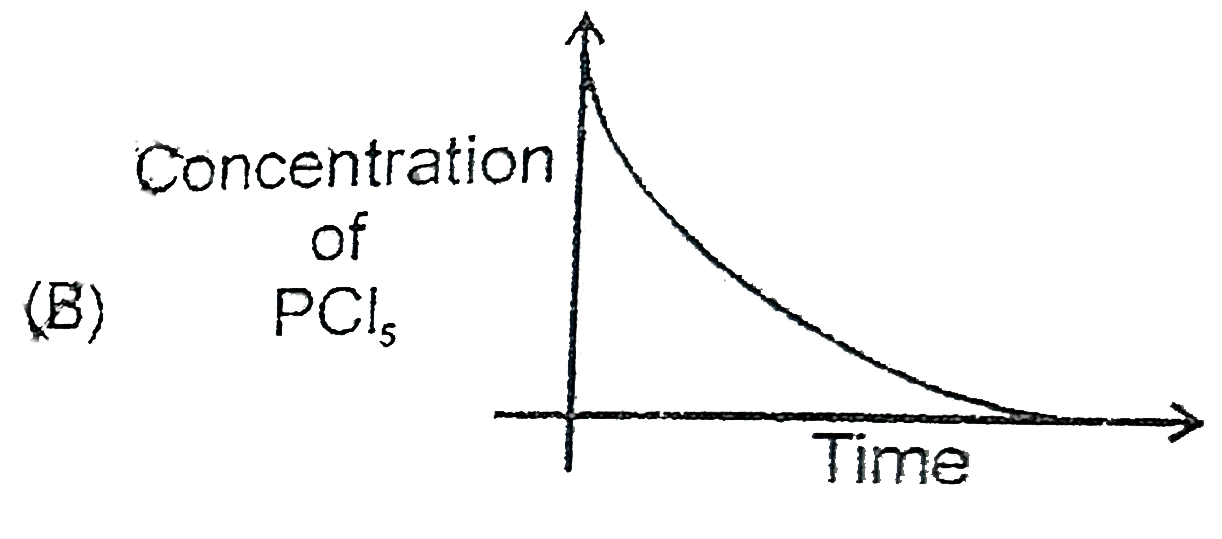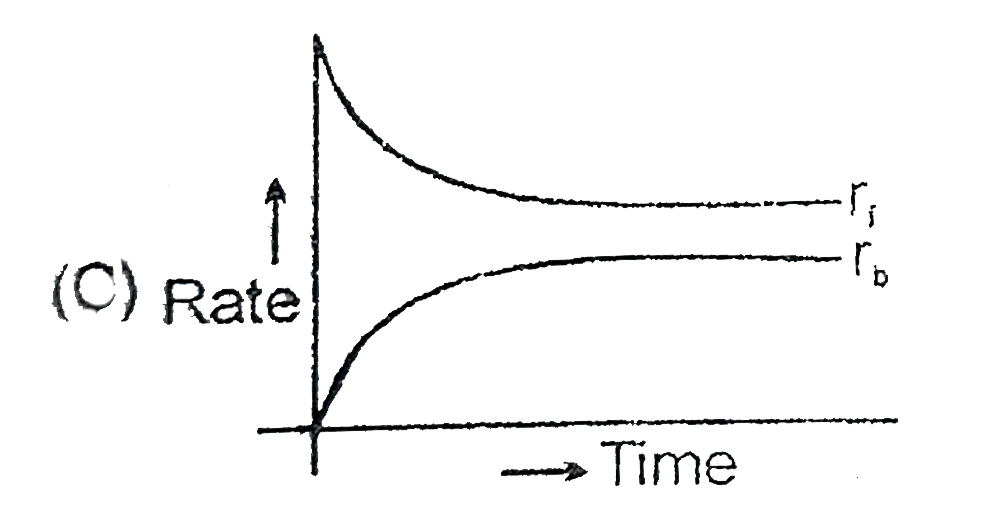Which of the following is/are not known ? .
(i) (due to absence of d-orbitals) (ii) being an oxidising agent oxidises ion ot ion being a reducing agent reduces to ).
Topper's Solved these Questions
- BOOK - PRADEEPCHAPTER - P-BLOCK ELEMENTS EXERCISE - HOTS QUESTIONS9videos
P-BLOCK ELEMENTS
- BOOK - PRADEEPCHAPTER - P-BLOCK ELEMENTS EXERCISE - VALUE BASED QUESTIONS WITH ANSWERS4videos
P-BLOCK ELEMENTS
- BOOK - PRADEEPCHAPTER - P-BLOCK ELEMENTS EXERCISE - LONG ANSWER QUESTIONS8videos
P-BLOCK ELEMENTS
- BOOK - PRADEEPCHAPTER - ORGANIC COMPOUNDS CONTAINING NITROGENEXERCISE - IMPORTANT QUESTIONS FOR BOARD EXAMINATION27videos
ORGANIC COMPOUNDS CONTAINING NITROGEN
- BOOK - PRADEEPCHAPTER - POLYMERSEXERCISE - IMPORTANT Questions (For Board Examination)27videos
POLYMERS
Similar Questions
Knowledge Check
- Question 1 - Select One
Which are non-polar molecules?
I.NCl3 II.SO3 III.PCl5
The correct option is :AI onlyBII onlyCI and II onlyDII and III only - Question 2 - Select One
Which is correct graph for following reaction ?
PCl5(g)⇔PCl3(g)+Cl2(g):ΔrH=+veA B
B C
C DNone of these
DNone of these
Which of the following is more covalent : SbCl5orSbCl3 ?
View SolutionWhich of the following halides cannot be hydrolyzed ?
(A) NCl3 (B) NF3 (C) PCl3 (D) BiCl3View SolutionWhich of the following halides cannot be hydrolyzed? (A) NCl_(3) (B) NF_(3) (c) PCl_(3) (D) BiCl_(3)
View SolutionHow many of the following reaction yield POCl3 ?
(i)PCl3+O2→(ii)PCl5+CO2→(iii)PCl5+CH3COOH→(iv)PCl5+H3BO3→(v)PCl3+SO2Cl2→(vi)P4O10+NaCl→(vii)PCl5+H2O→(viii)PCl5+SO2→(ix)PCl3+SO3→View SolutionComplete hydrolysis product of 1 mole each of following will need how many total number of moles of NaOH for complete neutralisation?
SOCl2,SO2Cl2,PCl3,PCl5,NCl3View SolutionWhat happens when the following are heated ?
(i)PCl5(ii)H3PO3.View Solution

